When we think about life on Earth, whales, Elephants-Are-Endangered.html">elephants, and giant trees might come to mind—but the true spectrum of “bigness” includes viruses, bacteria, jellyfish, fungi, and even entire forests that count as a single organism.
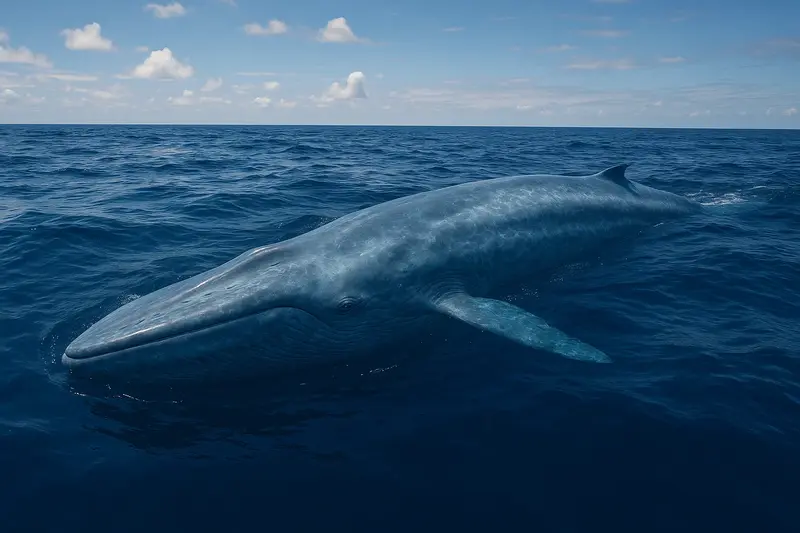
This list takes you on a mind-blowing journey through the largest known life forms on Earth—from the biggest virus visible only under a microscope to a clonal colony of trees weighing over 6,000 tons.
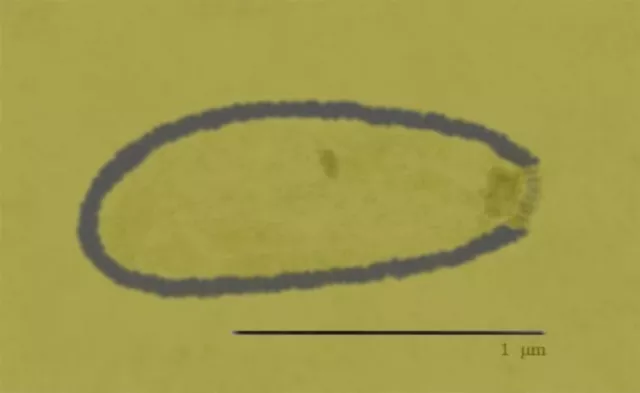
A giant virus 50% larger than Pandoravirus. It only infects amoebas, not humans.

Nicknamed the “sulfur pearl,” this bacterium is visible to the naked eye.

Named “Chaos” for good reason—this single-celled organism has hundreds of nuclei.
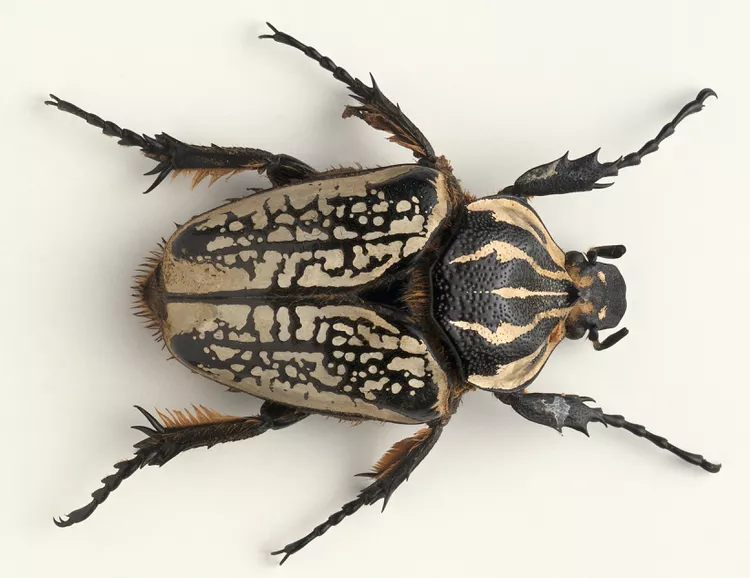
Found in African rainforests, it’s heavier as a larva than as an adult.
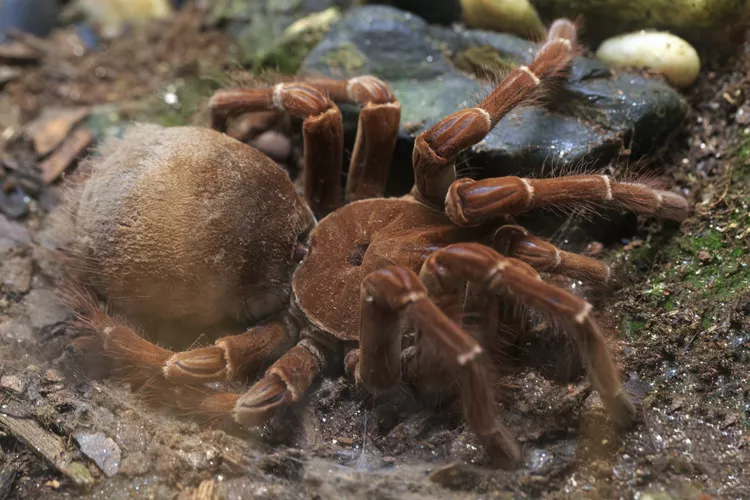
The heaviest spider in the world, native to South America.
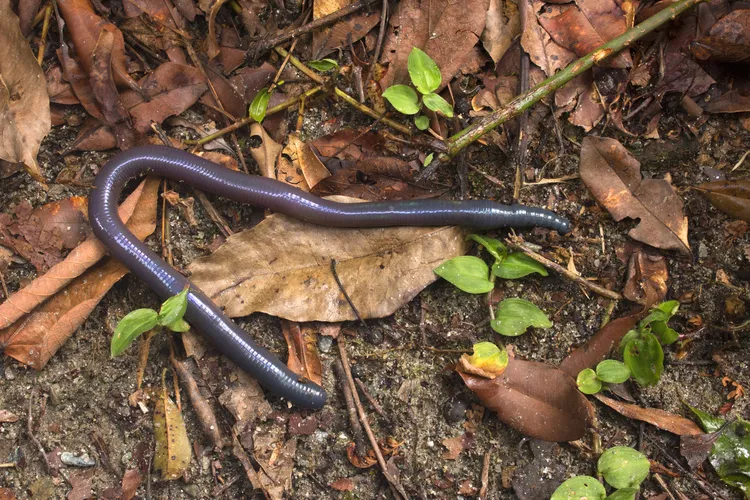
Grows up to 6 feet long and lives deep in moist soil.
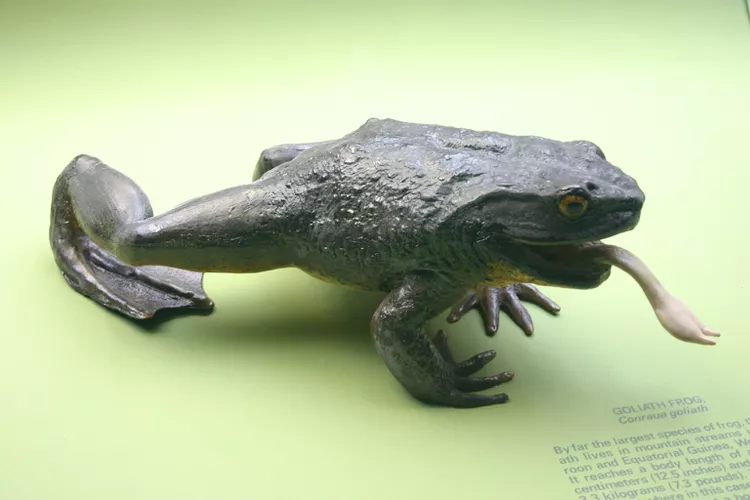
The world’s largest frog, herbivorous and found in West-Central Africa.
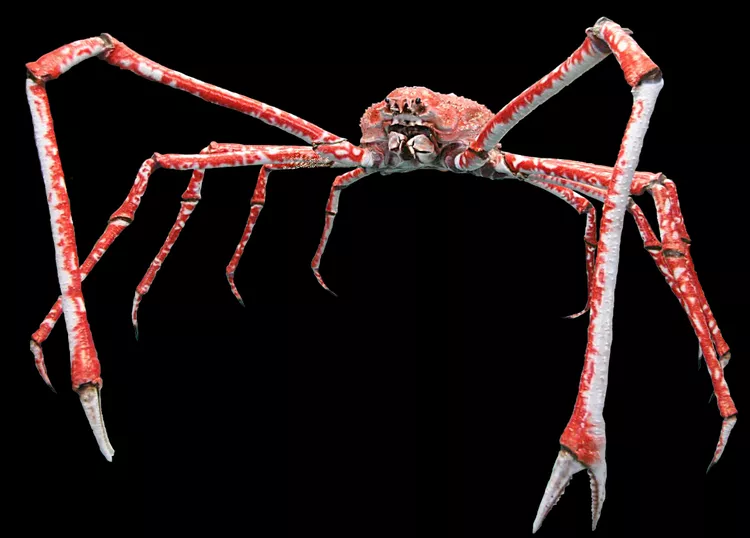
Leg span can reach over 6 feet; prized but now protected in Japan.
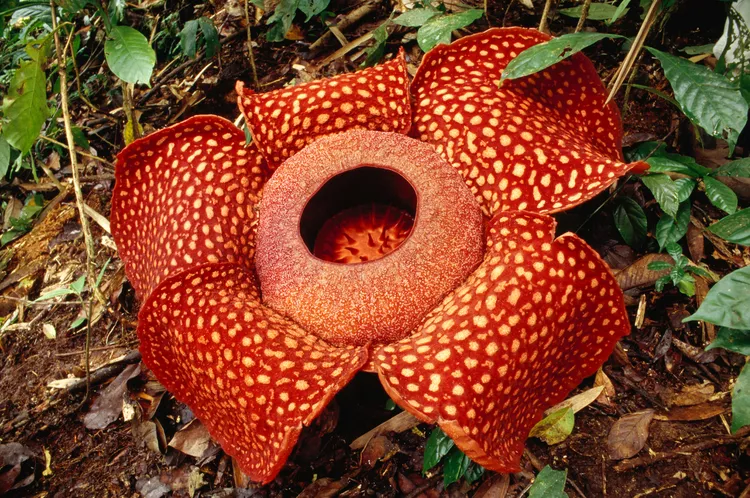
A parasitic flower with a 3-foot diameter and the scent of rotting meat.
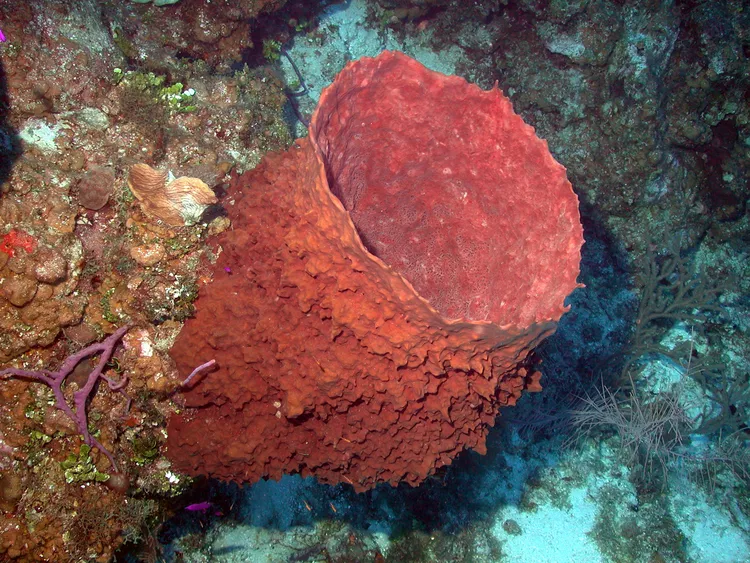
Can live for over 1,000 years and acts as an ocean filter.
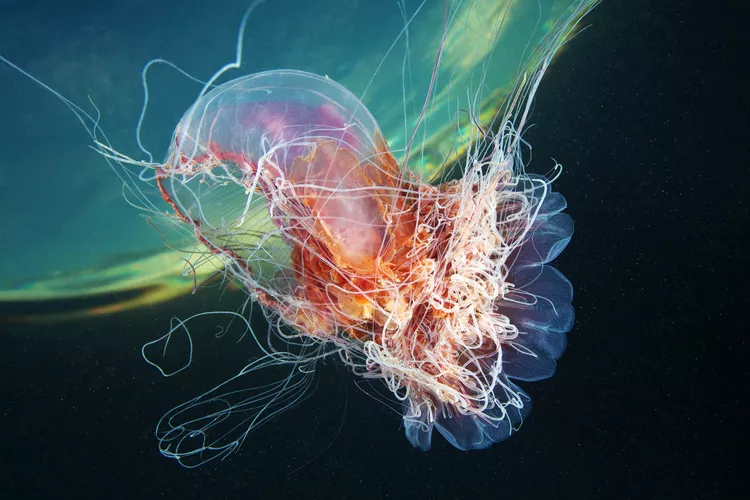
Has a bell up to 6 feet wide and trailing tentacles that rival a blue whale’s length.

Heavy and awkward in the air, it prefers to stay grounded in southern Africa.
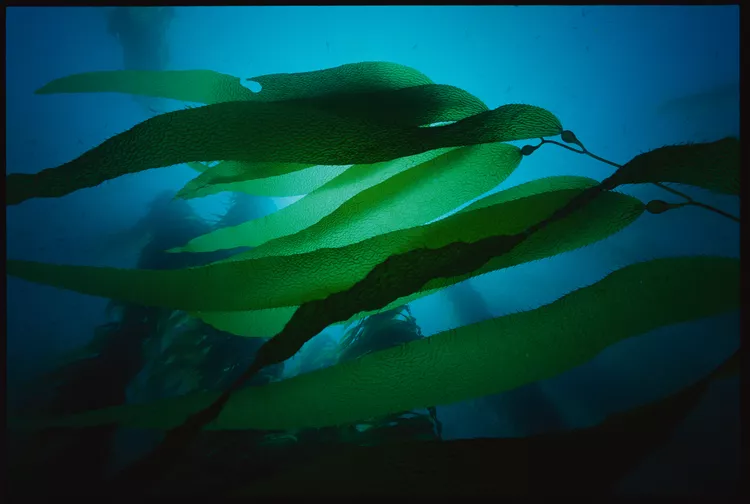
A seaweed that grows 2 feet a day; forms massive underwater forests.
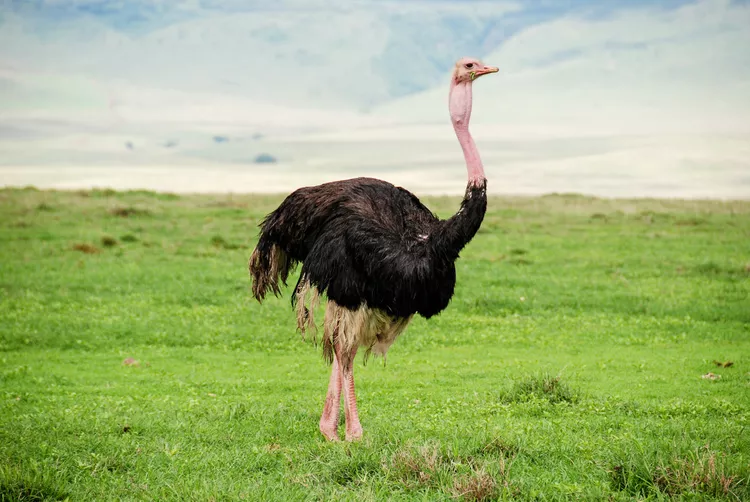
The largest living bird, capable of running 40 mph.

Massive and muscular, it can reach lengths over 15 feet.
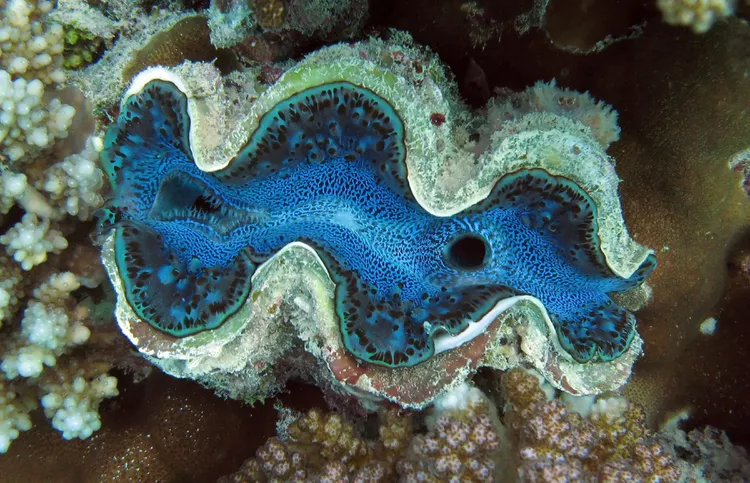
With shells over 4 feet wide, it lives motionless on the sea floor.
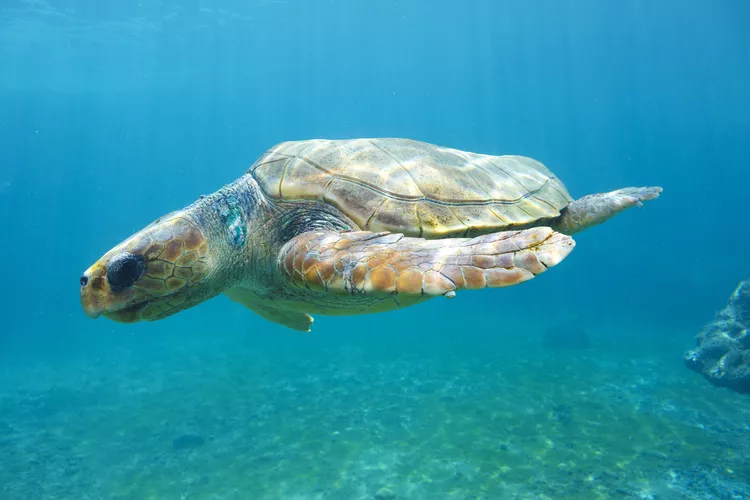
The only turtle without a hard shell, it’s also the fastest swimmer among turtles.
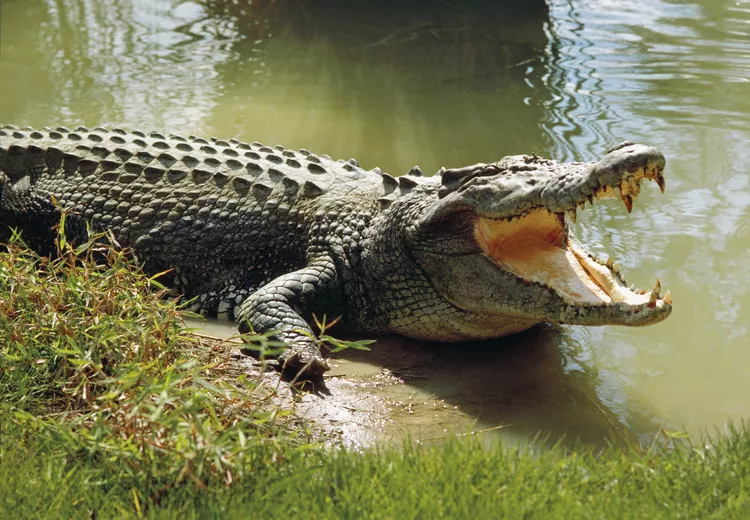
The apex predator of rivers and coasts in Southeast Asia and Australia.
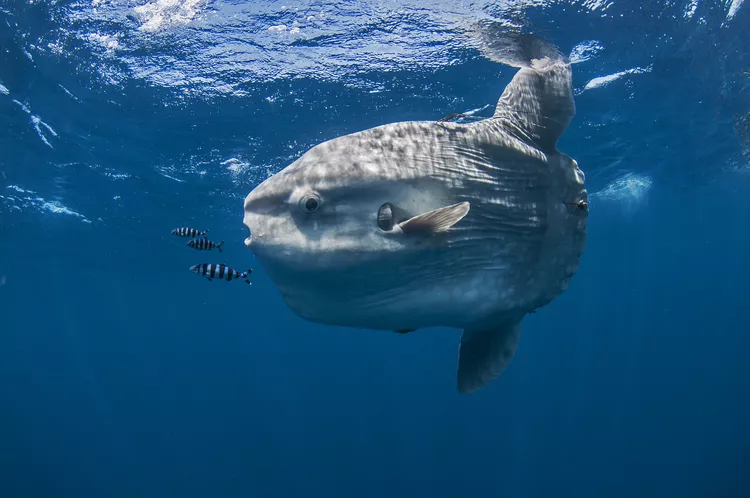
Feeds exclusively on jellyfish; lays millions of eggs at once.

Consumes 500 lbs of vegetation and 50 gallons of water daily.
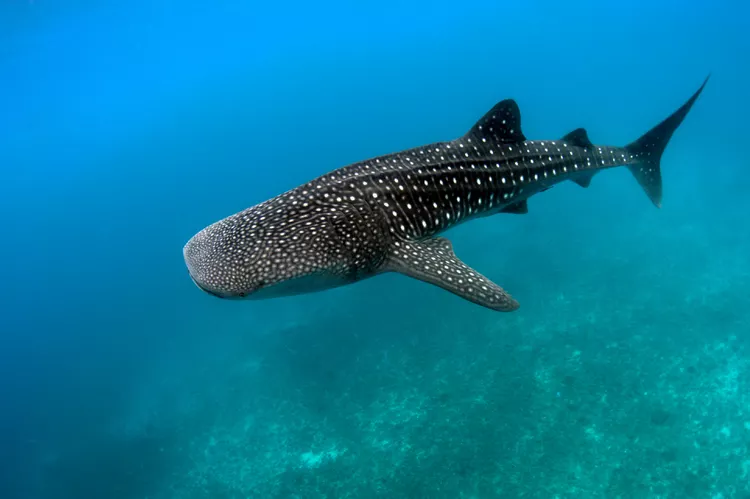
Feeds on plankton; some specimens may weigh up to 40 tons.
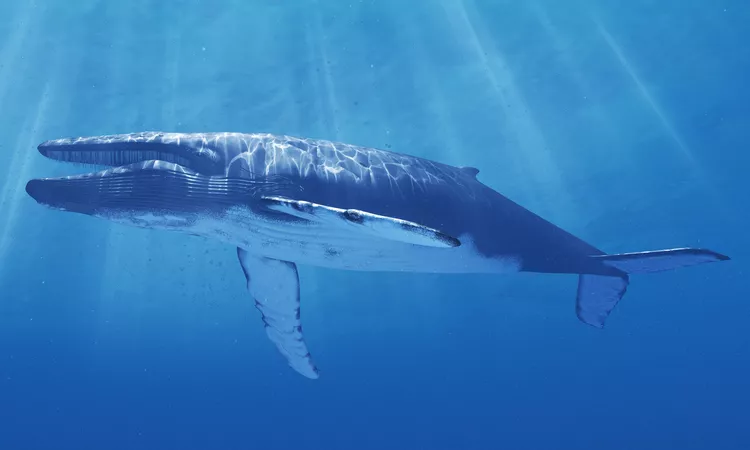
The largest animal to have ever lived—feeds on tiny krill.
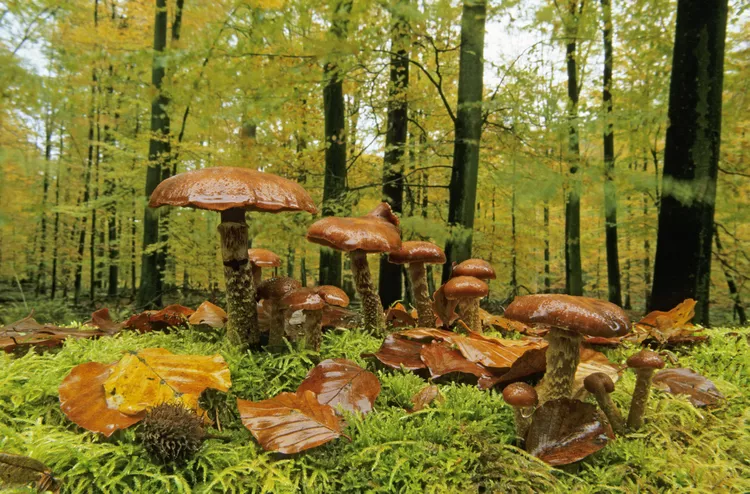
Covers over 2,000 acres in Oregon and is at least 2,400 years old.
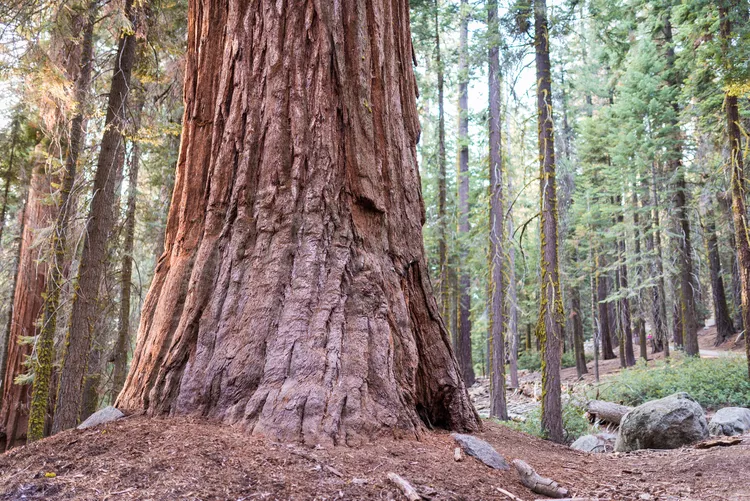
With a trunk over 25 feet wide and 300 feet tall, it lives for millennia.
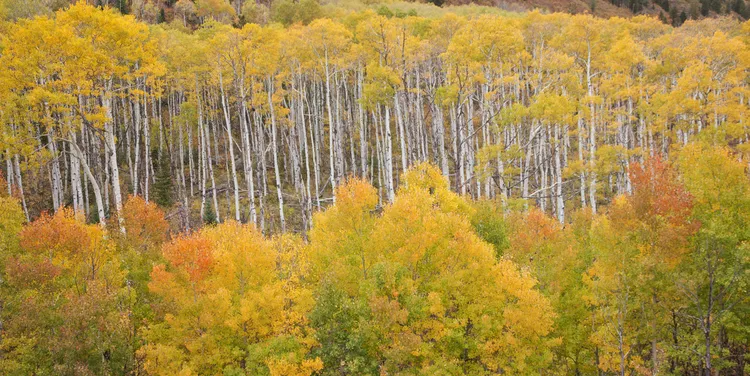
This 80,000-year-old forest of genetically identical trees spans 100 acres in Utah.
Life on Earth is full of extremes. From invisible giants to sky-scraping trees and aquatic titans, these organisms redefine what it means to be “big.”
Follow us to uncover more mind-blowing facts about the natural world, one wonder at a time.
animal tags: Largest organism
We created this article in conjunction with AI technology, then made sure it was fact-checked and edited by a Animals Top editor.